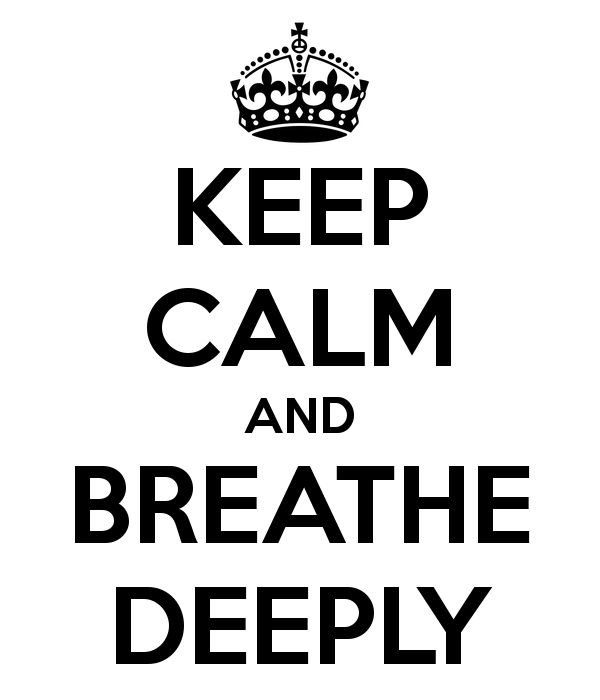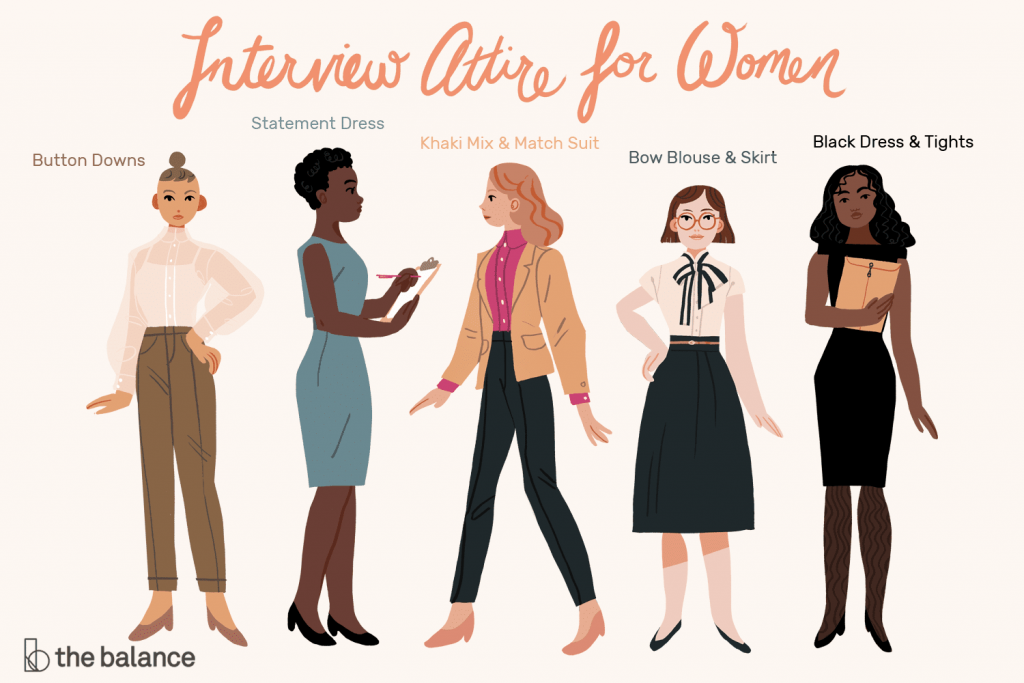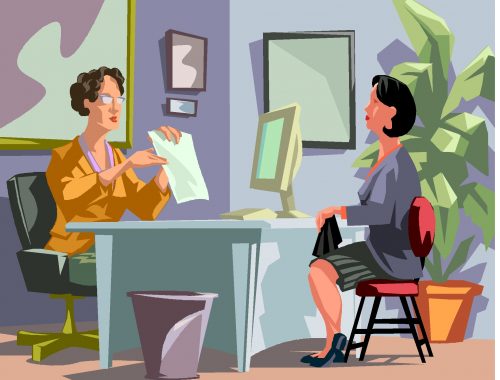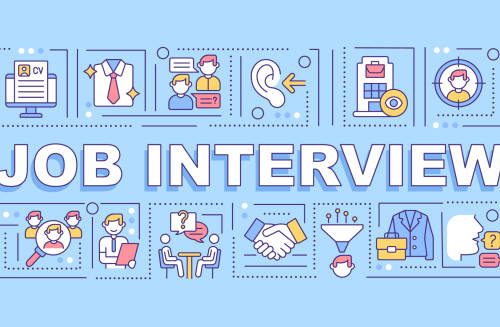Use Your Time Wisely
What is the most uncomfortable feeling you can have? For me, it’s attending a job interview. The butterflies in your stomach, the uncomfortable introductions, and the constant overthinking that occurs after the interview.
I was granted the opportunity to experience all of these feelings during my work-based learning module, as I partook in a simulated interview. Using Gibb’s reflective learning cycle, I will discuss the rigour of emotions I went through during this process, and analyse the beneficial impact it will have upon my future.

Tell me a bit more about your… interview.
After receiving the job specification for my interview, preparation began immediately. I was to be interviewed for the role of a Community Arts Officer, in Lisburn, Northern Ireland. At first glance of the job title, I was already at a loss. Community Arts Officer? What does that even mean? Well, here’s where I began preparation. First stop, the job description, the key to any successful interview. As Wiest states, you should ‘Find out as much about the position as you can’.[1] I highlighted key qualities listed in the job description provided to me, for example, organisation. Once I was aware of what the panel would be looking for I started to look into what questions could possibly be asked in the interview. All the obvious ones of course, such as ‘tell us about yourself’ and ‘what skills and qualities do you have that would suit this job role?’.
Interview day rolled around quite quickly, and I ensured that I had all my notes ready to go, and then started my commute, making sure I arrived ON TIME. The interview went very well, and throughout this blog I will enlighten you on what I was asked, what worked and what I needed to improve upon.

https://caringmagazine.org/create-beauty-spread-good/
How are you feeling today?
How did I feel? Terrified. There is nothing worse than that sweaty feeling in your palms. I practiced my breathing techniques, as Bhikkhu discusses, ‘you ought to start with strong, vigorous breathing, then let it relax until it becomes natural.’[2] This helped to relax my body and slow my heart rate. As I was called in, I masked my fear with a façade of confidence, after all it is the first impressions that matter the most, so fake it till you make it. Throughout the interview, I began to relax as I thought that the interview was going well, I was answering the questions with clarity, and didn’t freeze up at any point.

https://www.myithlete.com/tuesday-tip-breathing-affects-heart-rate-variability/
How do you think this interview has gone?
The questions asked were standard of a job interview. ‘What skills and qualities do you possess that would be beneficial towards this role?’ and ‘If you had to brainstorm a new event for the community during a meeting, what would you suggest?’. These are just a selection of the questions I answered in the interview, and upon reviewing my answers with the panel, we discussed what went well and what didn’t. The panel were impressed with the amount of experience I incorporated into my answers, and said that they got a good sense of my character. However, I didn’t refer to the job description enough during the interview. The panel want to know that you have done your research, so I should have linked my answers back to the job description more, to show that I knew exactly what they wanted.
How will this interview help you?
The interview was difficult, and extremely nerve wracking, but it has given me some incredible insights into how to prepare for future job interviews. Having the opportunity to practice your interview skills is incredible, and you should avail of any practice opportunities you’re given!
Tell us something that you feel didn’t go well today?
There are many things that I could have done in the interview, that I didn’t quite achieve this time round. Firstly, I didn’t dress appropriately for the interview, which is something that is vital when applying for a job. Hoover writes in their article that ‘First impressions are made within five minutes of meeting someone and help shape all future impressions, so it is important to dress professionally’.[3] As my job interview was for a community based role, I should have ensured I was dressed respectfully, professionally, and in clothes that reflected my personality.
I also didn’t use my time as efficiently as possible. I was given 15 minutes to complete the interview, but only spoke for 12. This meant that I wasted 3 minutes of precious time, which I could have used to expand upon some of my experience, or delve into another quality that I possess, which will help me within this job.

https://www.liveabout.com/interview-outfits-for-women-2061091
What skills and qualities do you think you could improve upon?
When I am attending my next interview, I will ensure to reflect upon this experience. It has taught me so many invaluable lessons, that I can apply to my future career. So, what are these lessons that I learnt?
- Dress for the occasion. Make sure you know what attire is appropriate for the job, and dress to impress your panel. After all, first impressions count.
- Always refer to the job description when answering any questions. The questions are designed to help you, not hinder you. Make sure you know what they’re looking for in their candidates.
- Use your time wisely. Don’t talk so much that the panel wont have time to ask all their questions, but at the same time, try to use all your time efficiently, to ensure you are able to discuss everything that you feel would make you perfect for the job.
- Have confidence. If you are passionate about the job and have all the skills and qualities they are looking for, the you will get the job, but make sure you have confidence in yourself.

https://www.rd.com/article/confidence-quotes/
[1] Lori Wiest, ‘Student Times: Preparing for the Job Market: Part II: The Interview’, The Choral Journal, 43.10, (2003), 49.
[2] Buddhadāsa Bhikkhu, Getting Started in Mindfulness With Breathing: Accessible, Beginning Steps for Ordinary People, trans. by Santikaro (The Buddhadasa Indapanno Archives & Liberation Park, 2015), p. 7.
[3] Myrna Hoover, Dressing to Impress: The Secrets of Proper Attire <https://career.fsu.edu/sites/g/files/imported/storage/original/application/f419a5c727af1077ae5a4766776fd361.pdf> [accessed 22 February 2023].
Bibliography
Bhikkhu, Buddhadāsa. Getting Started in Mindfulness With Breathing: Accessible, Beginning Steps for Ordinary People, trans. by Santikaro (The Buddhadasa Indapanno Archives & Liberation Park, 2015), p. 7.
Hoover, Myrna. Dressing to Impress: The Secrets of Proper Attire <https://career.fsu.edu/sites/g/files/imported/storage/original/application/f419a5c727af1077ae5a4766776fd361.pdf> [accessed 22 February 2023].
Wiest, Lori. ‘Student Times: Preparing for the Job Market: Part II: The Interview’, The Choral Journal, 43.10, (2003), 49.
Written by Aine McConvey
Word count: 986
You May Also Like

Interview a New You! – Becoming an Interview Guru
24 February 2023
BE A S.T.A.R 🌟
14 February 2023
